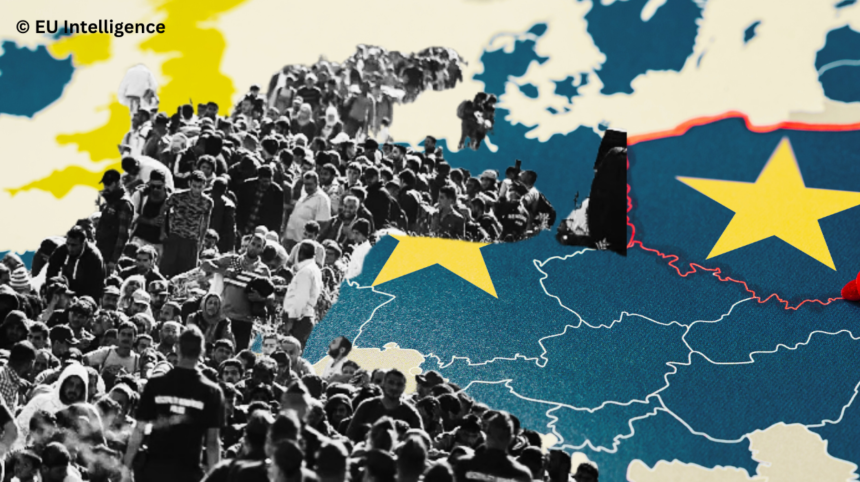The European Travel Information and Authorization System (ETIAS) has been delayed yet again. Meanwhile, the ongoing migration crisis in Europe is reaching a critical point, resulting in polarisation with growing right-wing forces and reintroduced internal border checks. Prioritising the swift and effective implementation of ETIAS is a crucial step toward addressing these escalating challenges.
ETIAS is an electronic travel authorisation system from the EU which will be required for visa-exempt travellers from outside the EU to enter the Schengen Area. It was designed to enhance security and facilitate travelling across Europe, but as the timeline for its implementation continues to shift, uncertainty grows. The project was originally targeted for launch in the first half of 2022, but it was first delayed to May 2023, then pushed again to the end of 2023, rescheduled for 10 November 2024, and has now had its launch date put off indefinitely.
The Schengen Area, on the other hand, established in 1995, was a landmark in European integration, creating a vision of Europe without barriers by enabling passport-free travel across participating countries. This agreement symbolised trust and a unified approach to external security, with the understanding that secure outer borders would allow freedom of movement within.
ETIAS aims to reinforce this trust, offering a coordinated layer of external oversight which would further secure Schengen’s principles. Without it, however, the erosion of confidence in border security risks making the temporary reintroduced borders permanent, undermining the fundamental freedom of movement Schengen was designed to uphold.
In the current situation of mistrust around external borders, supported by the recent introduction of border controls inside the European Union, there is a risk of increasing populism and the adoption of more measures that can lead to divisive policies.
The migration crisis has fuelled this rise of right-wing policies and political movements across Europe, thriving on fear and uncertainty, often using migration as a rallying point to gain support. Recent changes around European borders only make things worse, threatening the crux of the Schengen Area.
This is an important reason why the EU must give a higher priority to ETIAS. Its improvement can help manage external common borders and alleviate problems with internal borders.
ETIAS is more than just an immigration tool. Its benefits entail broader aspects of security. The improvement of data sharing can enhance collaboration between countries and allow for more coordinated responses to additional issues like human trafficking, smuggling, and illegal border crossings. The system can also strengthen counter-terrorism efforts by screening travellers in advance and identifying potential security risks before they enter EU territory. The sooner ETIAS is operational, the faster the EU can benefit from these enhanced intelligence capabilities.
But besides the benefits, the delays are causing negative effects. The tourism and hospitality industries that account for around 10% of the EU’s GDP, as well as the business world more generally, are suffering quietly as ongoing issues with immigration and border controls create instability in Europe.
The uncertainty surrounding ETIAS could deter travellers from visiting the Schengen Area, impacting the tourism sector and related industries. The delays might also disrupt trade flows as businesses face uncertainties related to travel and logistics.
Persistent delays can erode public confidence in the EU’s ability to deliver on critical projects. By prioritising ETIAS, the EU can demonstrate its commitment to effective governance, especially in areas directly affecting citizens’ security and mobility.
Given all these pressing factors, the time to address ETIAS is now. Its implementation could help alleviate the need for these controls by enhancing oversight at the external borders. This would help restore the Schengen Area’s core principle of free movement, which is vital for EU integration and cohesion.






